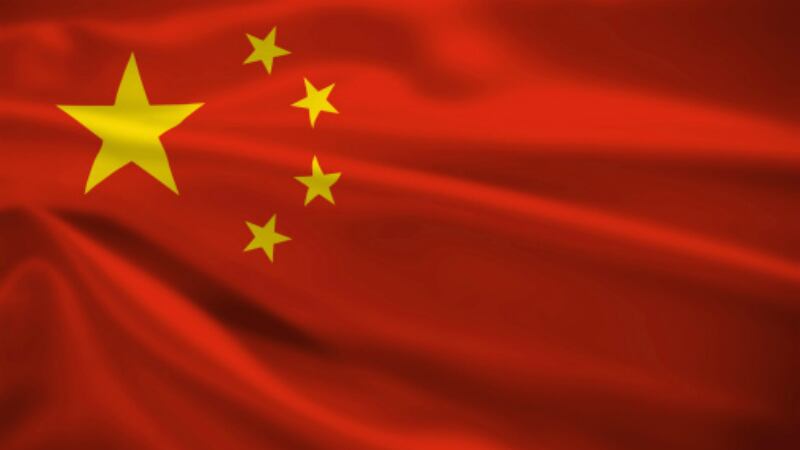China expands use of B vitamins into sports drinks, raises maximum dosage of taurine
China’s food safety authorities have allowed the use of vitamins B1 and B2 in beverages for special purposes, such as sports and nutritive drinks.
At the moment, vitamins B1 and B2 are allowed to be incorporated as food additives into dairy powder for children and pregnant women, as well as soy powder, soymilk powder, soy milk, gum base candy, rice and products made from rice etc.
The approved dosage of these vitamins in the beverages is set at 2mg/kg to 5mg/kg.
On the other hand, taurine is currently approved for use in beverages for special purposes. Its maximum permitted dosage has been raised from 0.5g/kg to 0.6g/kg.
Healthier but scarier: Over half of Chinese consumers doubtful about safety of sweeteners – national survey
Over half of all Chinese consumers still harbour doubts over the safety of both natural and artificial sweeteners, according to a recent nationwide survey.
The survey involving some 5,112 consumers across 32 provinces in China was conducted by the China Food Information Centre via online questionnaires.
“These results are likely due to many consumers still having the perception of food additives as chemical substances, and sweeteners are still food additives, so by association, these are also impacted negatively,” the report authors said.
More firepower: Fiji Kava’s on its new China’s distribution strategy and name change to The Calmer Co
ASX-listed Fiji Kava first distributed on Alibaba’s Tmall platform via its distributor, PuMate (Shanghai) Limited, in January 2022.
In April this year, the firm handed the reigns over to RooLife, which specialises in cross-border e-commerce to handle its distribution in Australia and China.
CEO Anthony Noble explained that the distributor change was due to its strategy to move from purely online to a brick-and-mortar flagship store. While some sales have been generated on Tmall, it has not been significant, he added.
‘Joining forces’: China Agri-Food Biomanufacturing Alliance targets capacity-building and accelerating speed to market
Established by investment and consulting firm ID Capital China, China Agri-Food Biomanufacturing Alliance (AFBA) is an industry association that aims to bring together emerging biotech and established leaders in the food and agriculture space in China.
The AFBA says that bridging the gap between early-stage innovators and agri-food giants is key to driving industry growth.
Speaking to FoodNavigator-Asia, ID Capital China’s managing director, Steven Zhang, identified the “China advantage”: 1) manufacturing expertise, especially in fermentation capacity, which translates into cost savings; 2) largest consumer economy, particularly with the younger generation having different consumption habits from their older counterparts; and 3) burgeoning talent pool of scientists and researchers.
Salt and sugar reduction: Kraft Heinz says China, Indonesia plans key part of APAC ESG commitments
Global food giant Kraft Heinz has revealed salt and sugar reduction projects for major markets such as China and Indonesia, as part of its regional sustainability commitments.
The firm is opting to focus a large portion of its efforts on improving consumer nutrition, starting with the reformulation of products in several of its well-known brands.
“Nutrition is a very key area for us to really focus on [here in APAC], primarily because looking at the society statistics, it is a matter of importance when it comes to chronic diseases such as hypertension. China is a good example of this, as it is one of the regions with the highest growth in hypertensive rates over the past few years,” Kraft Heinz International Zone ESG Director, David Shaw, told FoodNavigator-Asia.


